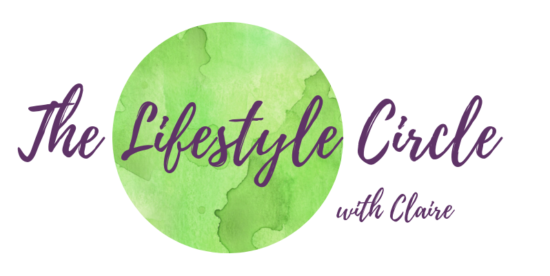
If you suspect something in your diet is causing you problems then mindful eating is for you.
Mindful eating is simply paying attention to how particular foods make you feel once you’ve eaten them. Mindful eating is not a diet. There are no right or wrong food choices.
The goal is to find out which foods make your body feel healthy and energised and which foods your body complains about. You then eat more of the first list of foods and less of the second.
Note that the goal here is to tune in to what your body is telling you. Your head is too saturated with information on the virtues or otherwise of various food groups that it no longer knows what’s true for you. Your body already knows which foods work for you and which foods don’t. You just need to create some space to listen to it.
How to get started
- Eat what you usually eat. There’s no point in trying to change your diet at this point. You could be cutting foods out unnecessarily.
- Write down everything that you eat and drink each day.
- Set yourself a reminder for 30 minutes after you eat or drink then stop, think about how you feel and write it down.
These questions may help you:
- Are you energised / tired / exhausted?
- How does your stomach feel?
- Are you bloated?
- Do you have cramps / gas / indigestion?
- Are you hungry again?
- Do you feel comfortable / uncomfortably full?
- Are you thirsty?
- Are you craving something sweet / salty / something else?
- Do you have any aches or pains?
- Has your skin broken out?
- Does your skin itch?
There are other factors that influence how you feel on a daily basis. Factors such as how much sleep you’ve had, how much water you’ve had to drink and how much exercise you’ve done. Note these things too.
The results
I recommend keeping a diary for at least 2 weeks. You’ll then start to notice patterns. You can download your free mindful eating diary template here.
What jumps out at you?
Do you crave sugary foods on days when you’ve had less sleep? Is milk giving you stomach cramps? Do raw veggies make you bloated? Is bread bunging you up? Do you eat more when you’re stressed? Are you shocked by how little water you’re drinking? Are you regularly having seconds? Are you snacking constantly throughout the day? Are you just eating too much food?
What next?
You’ve identified the foods that are not doing you any favours. Now, start reducing your intake of those and increasing your intake of all the foods that make you feel great. What you eat matters more than what you don’t eat so make sure you’re getting enough of the good stuff.
If you notice strong negative reactions to certain foods then you may want to check in with your Doctor.
You may also have identified some lifestyle factors that surprise you. For example, the impact of sleep and exercise on your food choices. Just becoming aware of what influences your health on a day to day basis is key to achieving great health.
Keep things in perspective
Chocolate is a regular feature in my mindful eating diary. If it was appearing at every meal, I might be worried, but it doesn’t. If there are a few things in your mindful eating diary that you wish weren’t there, keep things in perspective. What you do most of the time has a greater impact on your health than what you do some of the time.
Added benefits to mindful eating
- When you practice mindful eating, you taste food. I taste food at least 3 times a day, I hear you say. Well, probably not. Most of us rush through meals or eat mindlessly whilst watching television. We don’t stop to truly appreciate the foods we are eating. We don’t pick up the subtleties in the flavours, so we smother dishes in strong sauces, salt or ketchup.
- You’ll stop eating when you’re full. The distractions that stop us from really tasting food are also one of the main causes of overeating. We simply don’t notice when we’ve had enough. If you’re eating to the point of being uncomfortably full then you’re eating too much food. It doesn’t matter if it’s healthy food or unhealthy food. Too much food is too much food. If you over-consume food, you’ll be tired, sluggish and probably carrying some extra weight that you wish wasn’t there. Paying attention to what you’re eating often means you eat less, helping you maintain your natural body weight.
- Mindful eating can help you develop a healthier relationship with food. Many of us are obsessing about food. We’re cutting out things that someone tells us is bad for us and substituting them with other foods that we don’t necessarily know are any better. Just think of the explosion of gluten-free foods on the market. A gluten-free muffin is still a muffin! The stresses of modern living are also more likely to make us binge on unhealthy foods when we’re stressed. A mindful eating practice makes you pause throughout the day to think about what you’re eating, helping you to identify where your emotions are driving your food choices.
- You’ll be less stressed. One of the key benefits of mindfulness is that you truly live in the moment. You’re not focusing on the to-do list swirling around your head. You are prioritising yourself for at least the duration of your meals and that’s got to be a good thing.
Before you remove foods from your diet, I always recommend adding in lots of goodness first. Sometimes that’s enough to boost the health of your gut and resolve your issues.
Here’s how else I can help you


